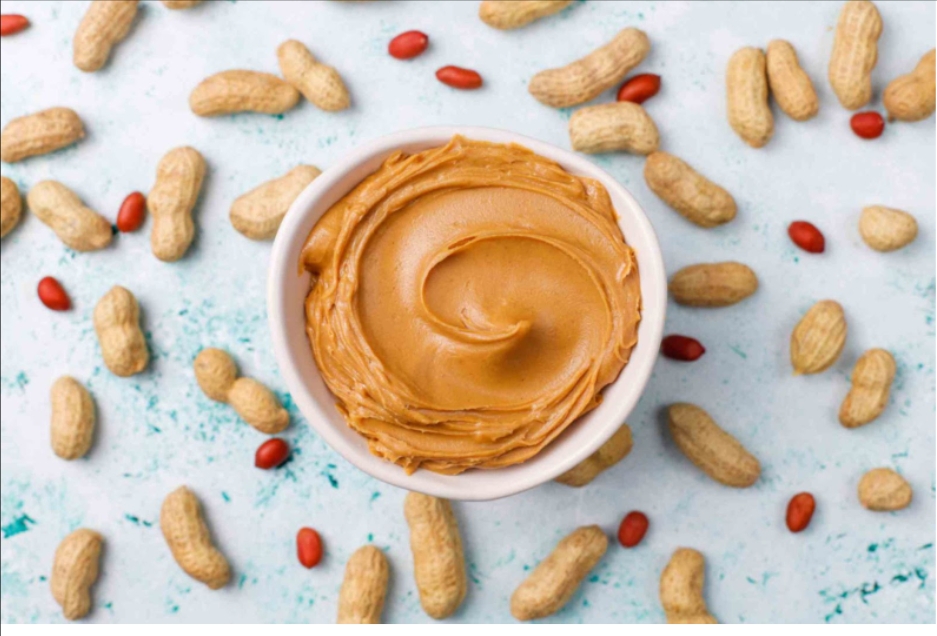Introduction: Unveiling the Weight Loss Benefits of Peanut Butter
Peanut butter, a staple in many households, is more than just a delicious spread—it could also be a valuable ally in your weight loss journey. Despite its reputation for being high in calories, peanut butter possesses unique properties that may aid in weight management. In this article, we’ll explore how incorporating peanut butter into your diet can help you lose weight, while also maintaining a balanced and nutritious diet.
Understanding Peanut Butter’s Nutritional Profile
The Power of Protein and Healthy Fats
Peanut butter is rich in protein and healthy fats, which are crucial for a weight loss diet. Protein is essential for building and repairing tissues, but it also helps in feeling full and satisfied after meals, reducing the likelihood of overeating. The monounsaturated and polyunsaturated fats in peanut butter can improve heart health and stabilize blood sugar levels, which helps in controlling appetite and preventing binge eating.
Fiber and Micronutrients
Beyond fats and proteins, peanut butter contains dietary fiber which aids digestion and prolongs the feeling of fullness. It’s also a good source of vitamins and minerals such as magnesium, potassium, and zinc, which are important for overall health and can help enhance the body’s metabolic rate, thereby aiding weight loss.
How Peanut Butter Facilitates Weight Management
Satiety and Caloric Control
The combination of fiber, fat, and protein in peanut butter helps in regulating hunger, which can lead to a natural reduction in calorie intake. Including a moderate serving of peanut butter in your diet can prevent the high spikes in blood sugar that lead to cravings and overeating, making it easier to maintain a healthy eating pattern.
The Role of Healthy Fats
The healthy fats in peanut butter not only support heart health but also play a role in weight management. Studies have shown that diets including moderate amounts of fats are more sustainable and effective for long-term weight loss compared to low-fat diets. The key is moderation and choosing the right type of fats, which peanut butter can provide.
Best Practices for Including Peanut Butter in Your Diet
Choosing the Right Type
Not all peanut butters are created equal. For the healthiest option, choose natural peanut butter without added sugars or hydrogenated oils. The ingredient list should be short, typically just peanuts and possibly a small amount of salt.
Portion Control
Because peanut butter is calorie-dense, portion control is crucial. A standard serving size is typically two tablespoons. Incorporating this amount into your meals, such as adding it to a smoothie, spreading it on whole grain toast, or mixing it into oatmeal, can enhance flavor without adding excessive calories.
Common Myths About Peanut Butter and Weight Loss
Myth: Peanut Butter is Too High in Calories to Be Good for Weight Loss
While it is true that peanut butter is high in calories, its composition of nutrients can actually support weight loss when consumed in moderation. It’s all about the balance of your overall diet.
Myth: All Peanut Butter is the Same
Many store-bought peanut butters contain added sugars and fats that can negate the health benefits. Always read labels carefully to ensure you are choosing a product that supports your dietary goals.
Conclusion: Embracing Peanut Butter as Part of a Weight Loss Diet
In conclusion, when used correctly, peanut butter can be an effective tool for weight loss. It offers a good balance of protein, healthy fats, and fiber, which can help regulate appetite and reduce overall calorie intake. By selecting the right type and monitoring portion sizes, you can enjoy the delicious taste of peanut butter without compromising your weight loss efforts. Remember, the key to losing weight with peanut butter lies in moderation and the quality of the product you choose.






